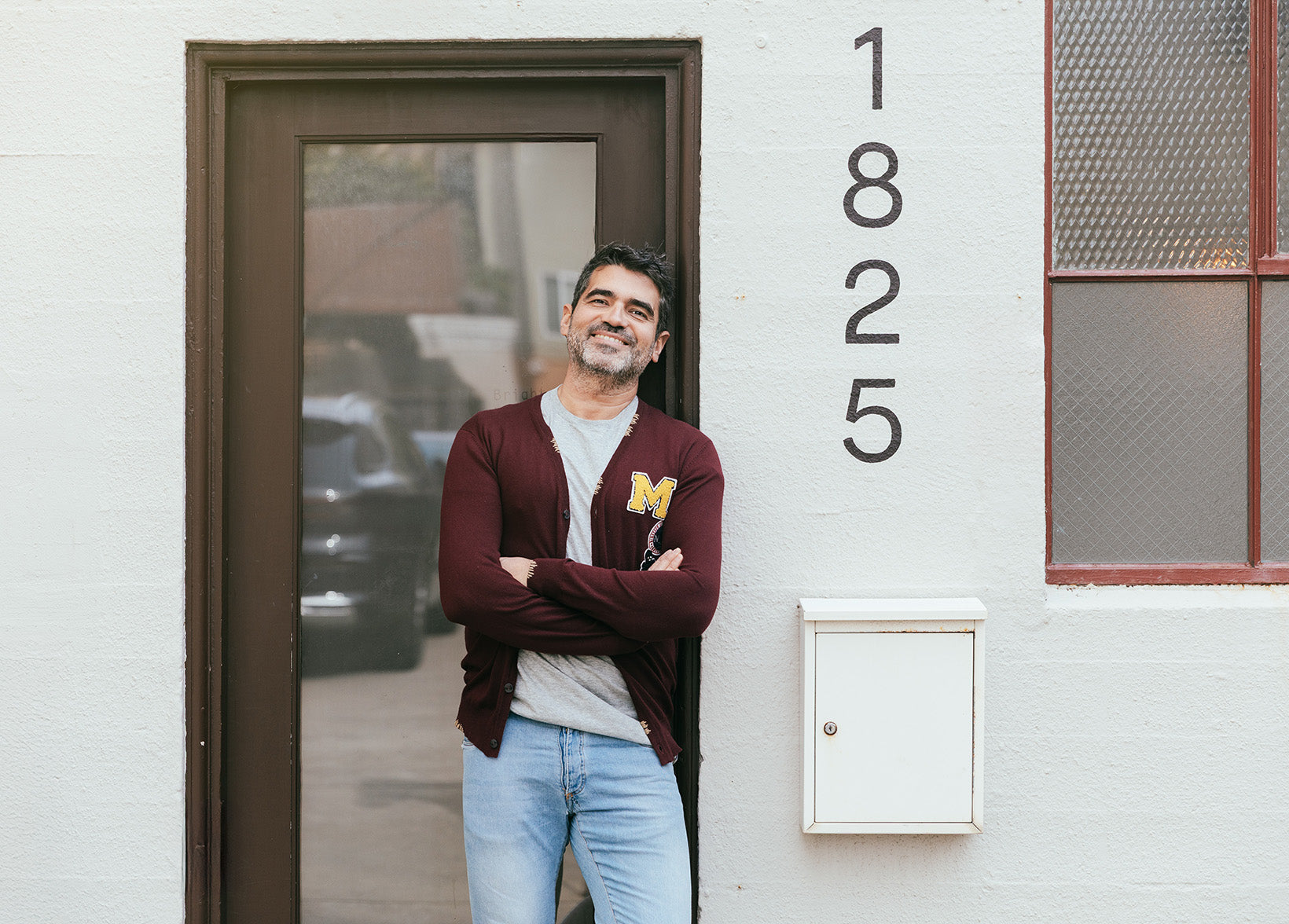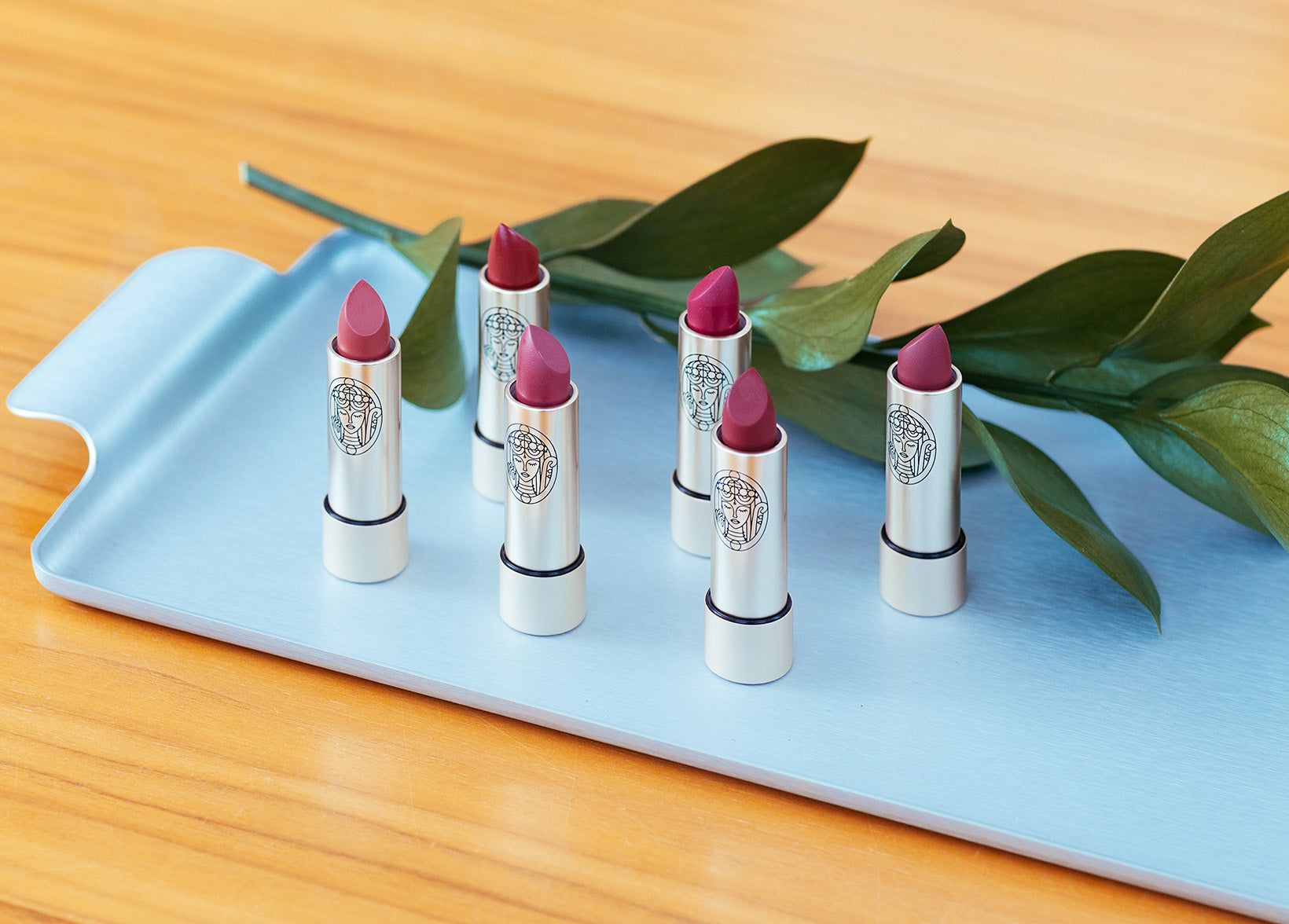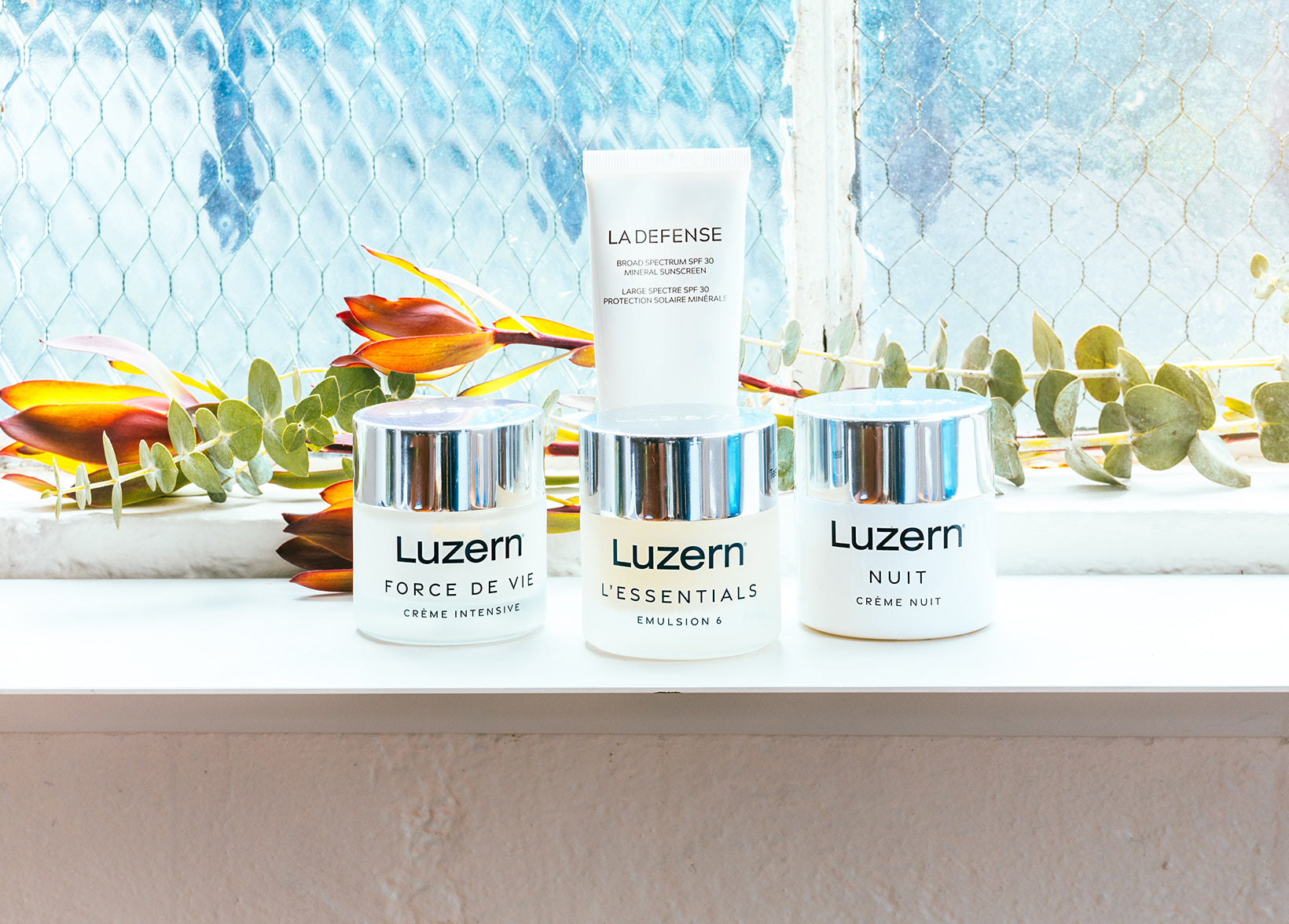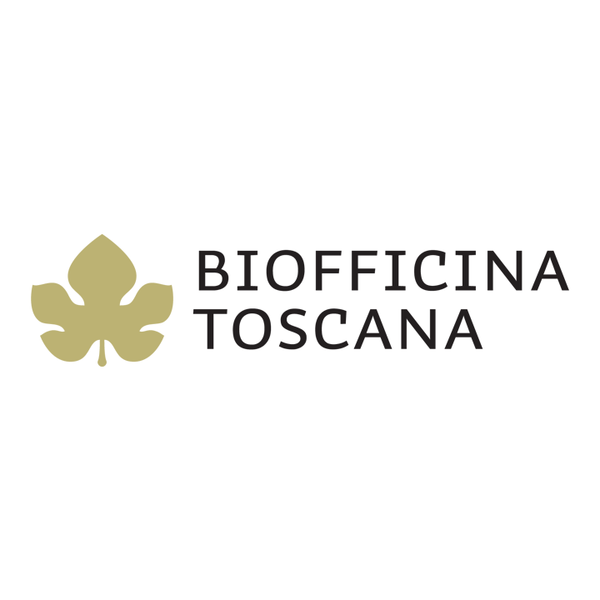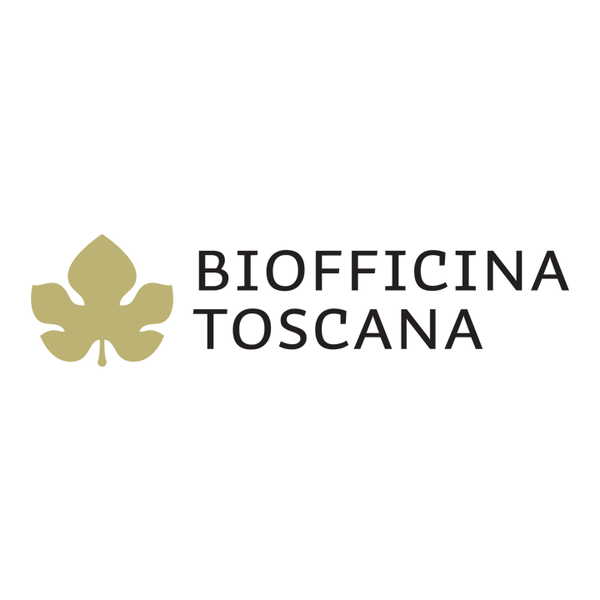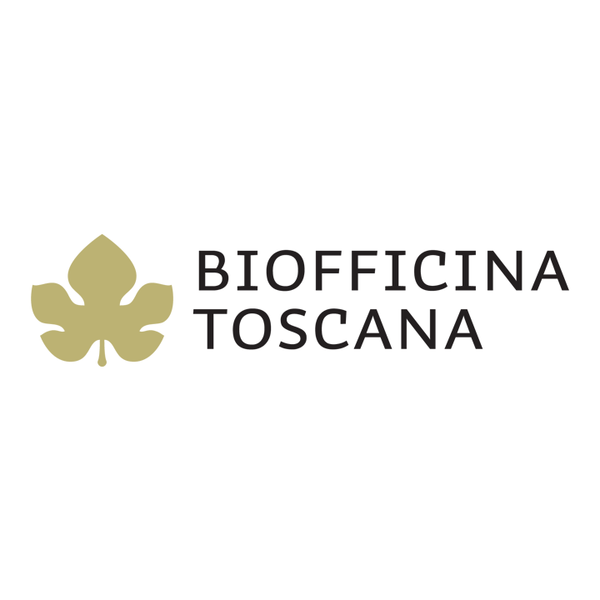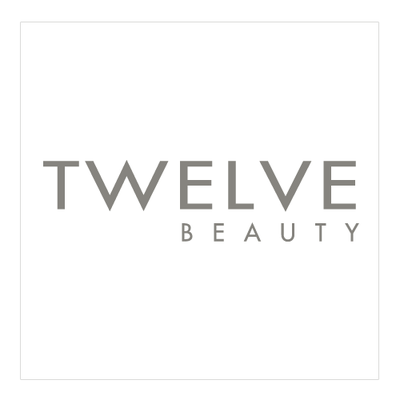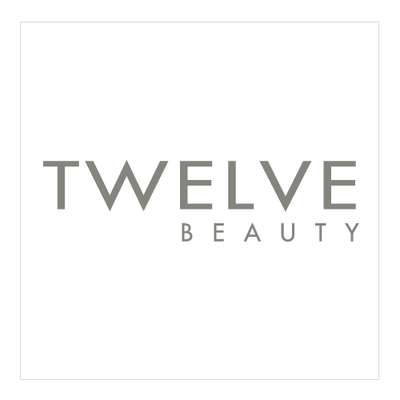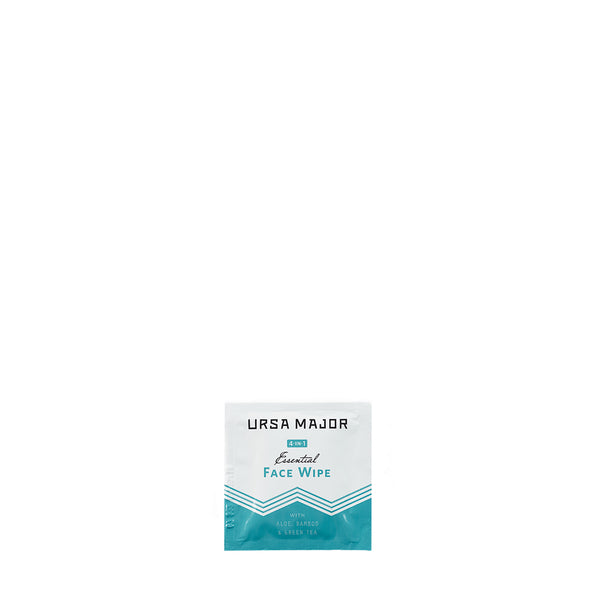Recent Articles

Hanging out in Thailand with my big brother in 1983…and actually seeking out sun exposure. Hello, freckles.
By the way, I must find that vintage Wonder Woman t-shirt.
Not too long ago (but well before COVID-19 turned worldwide travel upside down), I spent a couple of weeks with my family in Thailand, where I’d traveled many times since this photo was taken. I casually poked around for interesting things to bring back to Ayla, but nothing seemed quite right. Little did I know I would find a product designed for Asian skin — but made in California.
Yu-Chen Shih, the founder of Orcé Cosmetics, now lives in Los Angeles. But she grew up in Singapore — where, given her Polynesian roots, she spent most of her childhood being teased for her darker complexion and curvy build, which stood in stark contrast to her culture’s fair-skinned, lithe ideal of beauty. After college, she began a career in diversity marketing and began to realize that the gap between this narrow ideal of beauty and reality presented her with an opportunity.
Yu-Chen created Orcé to celebrate a broader range of Asian skin tones with specific makeup shades that weren't offered by other beauty brands. Its opening shade range is small, but still more inclusive than those of many other Asian brands on the market. It also works across a number of non-Asian skin tones and, in the coming year, will work across even more.
I had never come across a brand so committed to a modern, empowering celebration of a broader view of Asian beauty, and it’s a mission that struck a chord with me.
In my past life as a skincare product developer, I spent a lot of time doing research in Asia — logging endless hours observing shoppers and talking to salespeople in department stores that were beautifully decorated with banners touting products that promised a “pure,” “white as snow” complexion. And every time I walked into one of these beautiful stores, I was certain to be rushed by hordes of well-meaning salespeople who desperately wanted to tell me about their singularly effective solution to my deeply concerning face full of freckles. Every single time. It became a funny joke I had with myself.
Thankfully, I never took it personally; I’d grown up liking my freckles and was at a point in my life where I was pretty self-assured about a lot of things. But it did make me wonder: what if it did bother me? What if, every time I walked into one of these stores, I was reminded with great urgency that I should be “fixing” something like the natural coloring of my skin — something that was simply part and parcel of who I was?
Then I had to push that aside, because my next task at work was to create an entire line of dark-spot-erasing products for women in Asia who genuinely wanted them. Products that would help them achieve the ideal of beauty that they longed for, that “pure,” “white as snow” complexion. Even decades ago, it felt odd; it felt icky. But I had to remind myself that I was creating products for a market whose customers truly found these products helpful. They were tools that would help bolster their confidence in the face of one solitary ideal of beauty.
I developed a lot of other products before and after those, and I adored that job. It was a dream come true, and to this day, I consider my coworkers from that time to be among my wisest teachers. But that project might have been the first thing to make me think that, eventually, I should take a road less traveled. Creating products to solve “problems” I didn’t actually see as being problematic just didn’t feel right. And I was really, truly bothered by the fact that they were sold in environments that so overtly preyed on insecurities.
The things we want to change about our appearance, and whether or not we should change them or even care about them: these subjects lie at the core of the beautifully messy, complicated, murky puzzle of the beauty business that I love so much. It’s a puzzle that shifts and evolves with time, as we change and as the world changes with and around us. It’s filled with endless challenges to tussle with. It’s riddled with questions that have no single answer for us to tie up neatly with a bow. It reflects the messy, complicated, murky puzzle of life in general. It reminds me that, instead of getting caught up in the turmoil that can be created by this messiness, we can acknowledge the mess, work our way through it with compassion — and focus on the parts that bring us little moments of joy. I love that about it.
And it’s what makes brands like Orcé that much more special to me, especially since it presents its mission in such an exquisitely executed product.
We first brought Orcé onto our shelves during a time when so many of us around the US were feeling sadness over our racial divisions, our past mistakes, and our continued inability to see others as entirely equal. In the midst of that, stories like Yu-Chen's reminded us that there can be new spots of brightness to be found, too: while we have a long way to go, mission-driven brands like Orcé remind us that we can find small, beautiful, everyday things that represent positive change. And those reminders can give us the optimism we need to move forward through the messiest, most complicated, murkiest moments to better, brighter days for all of us.
We could not be prouder to be Orcé’s first retail partner, and I could not be prouder of Yu-Chen — for learning from a source of insecurity in her own life, for working her way through it to a point where she could embrace her unique beauty, and for celebrating it in others whose beauty, for too long, had not been seen.
- Dara

